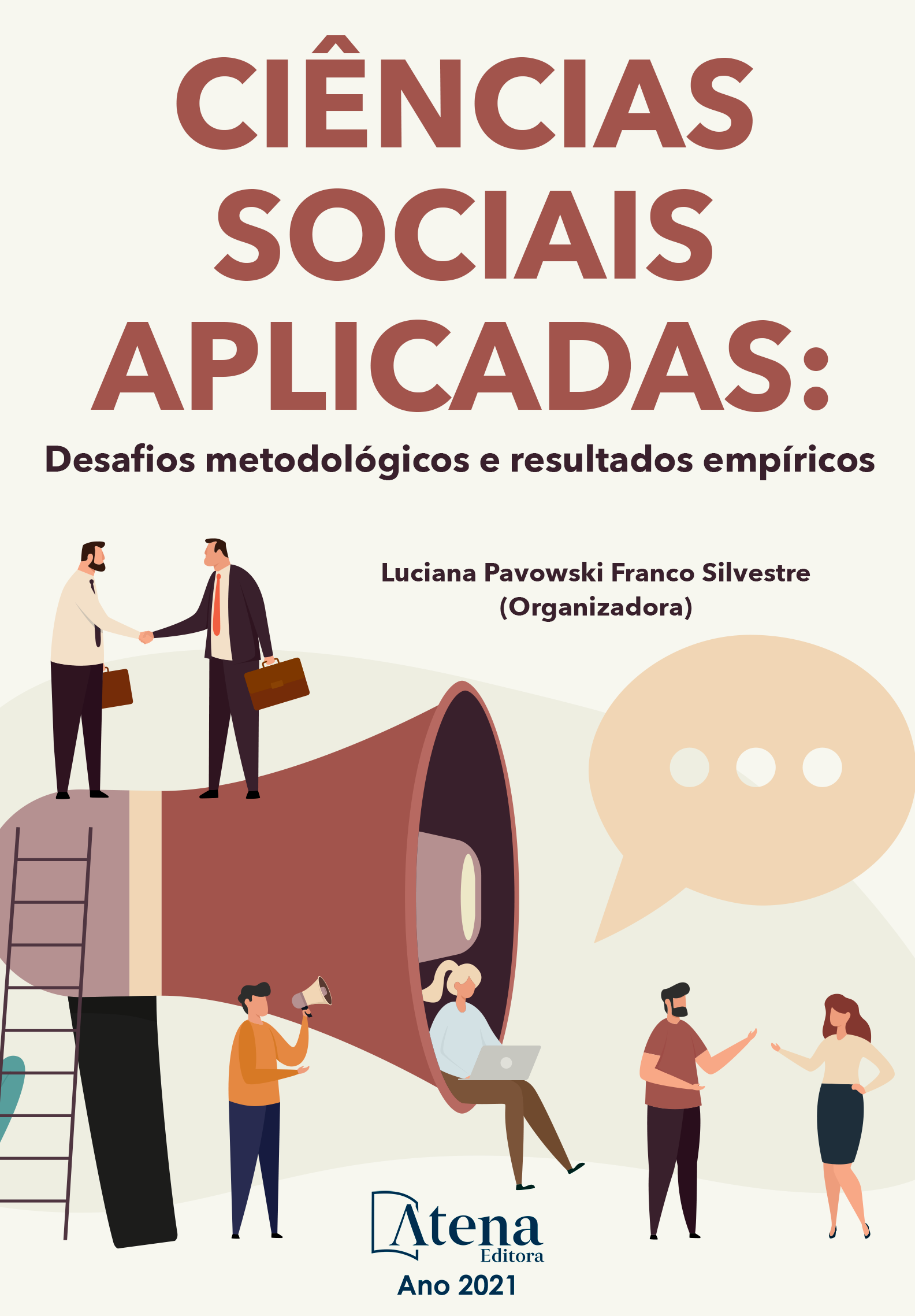
O EFEITO DA REPETIÇÃO DE TAREFA NA PRODUÇÃO ORAL EM PORTUGUÊS COMO SEGUNDA LÍNGUA
O presente artigo parte do pressuposto de que aprender a falar uma segunda língua requer o desenvolvimento de muitas habilidades, entre elas as cognitivas complexas como: fluência, acurácia e complexidade. Bygate (2001) investigou se a repetição de uma determinada tarefa pode trazer benefícios à produção oral em L2. Com base em seu estudo sobre a narrativa, buscamos verificar se em língua portuguesa como L2, ao repetir a mesma tarefa o falante pode apresentar ganhos em relação à acurácia, à complexidade e à fluência. Estudo realizado por Bygate (2001) mostrou que a repetição traz ganhos em termos de complexidade, mas perde em termos de precisão gramatical, que corresponde à acurácia. No experimento que fizemos, em duas etapas, constatamos resultados diferentes. Na primeira etapa da pesquisa, encontramos resultados semelhantes aos de Bygate (2001), pois o falante teve ganho na velocidade da fala, correspondente à fluência e na complexidade, mas a precisão gramatical parece ter sido prejudicada. Notamos assim que a realização da tarefa de repetição corroborou os resultados apresentados por Bygate (2001). Na segunda etapa, os resultados apontaram para o aprimoramento da precisão gramatical e da complexidade, em detrimento da fluência. Desse modo, confirmamos duas das três hipóteses propostas para o estudo de repetição de tarefa.
O EFEITO DA REPETIÇÃO DE TAREFA NA PRODUÇÃO ORAL EM PORTUGUÊS COMO SEGUNDA LÍNGUA
-
DOI: 10.22533/at.ed.5622114064
-
Palavras-chave: Fluência. Acurácia. Complexidade. Repetição de Tarefas. Língua Portuguesa como L2.
-
Keywords: Fluency. Complexity. Accuracy. Repetition of task. Portuguese L2.
-
Abstract:
This article assumes that learning to speak a second language requires the development of many skills, among them the complex cognitive as: fluency, accuracy and complexity. Bygate (2001) studied if repetition of a certain task can bring benefits in the oral production in L2. Based on his study of the narrative, we seek to verify if Portuguese as L2 to repeat the same task the speaker can present gains against the accuracy, complexity and fluency. According Bygate (2001), repetition brought gains in terms of complexity, but lost in terms of grammatical precision, which corresponds to accuracy in the experiment we did for checking this study, we found two results at different stages. In the first research phase we found results similar to Bygate (2001), because the speaker had won at the speed of speech, it corresponds to the fluency and complexity, but the grammatical accuracy appears to have been damaged, so we note that holding the repetition task corroborated the results presented by Bygate (2001b), in the second phase, the results pointed to the improvement of grammatical accuracy and complexity at the detriment of fluency. Thus, we confirm two of the three hypotheses proposed by the task of repetition.
-
Número de páginas: 20
- Benedita Maria do Socorro Campos de Sousa


